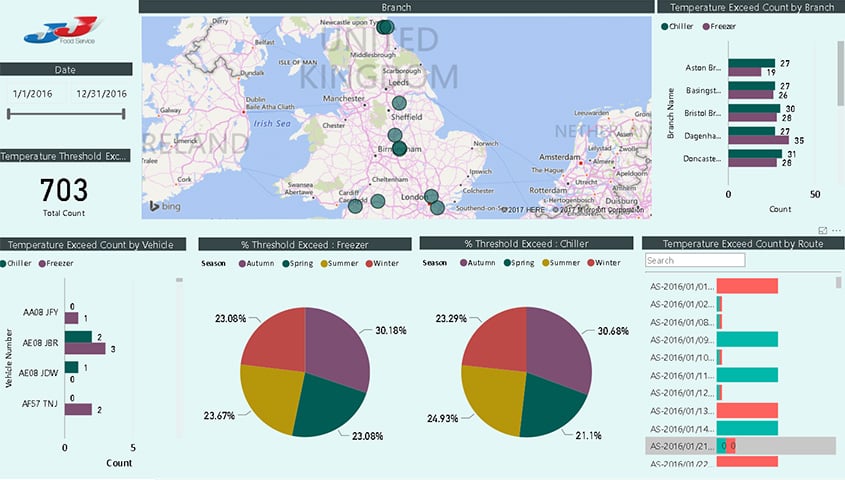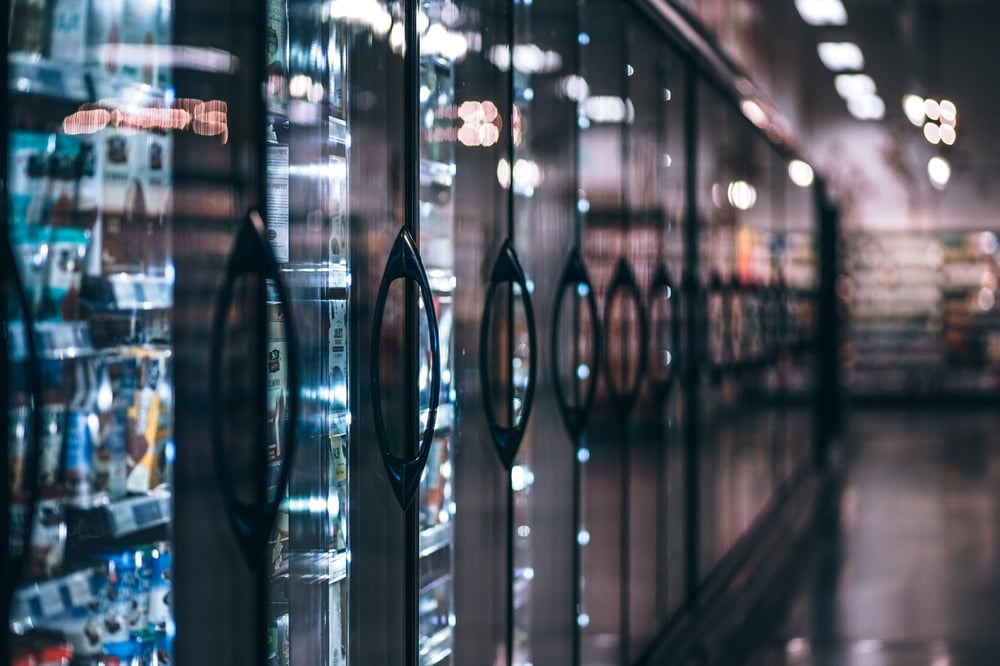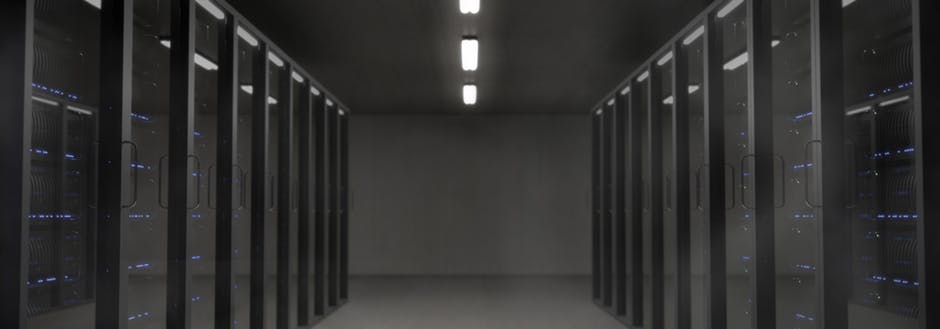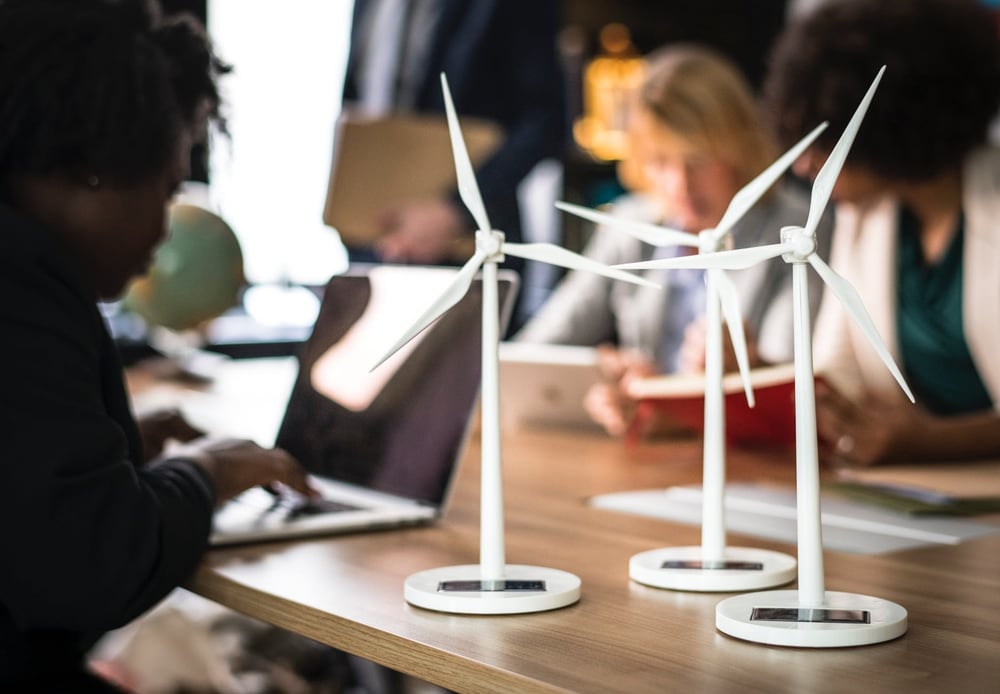For food and beverage (F&B) businesses who want to do their part for the environment, there’re many ways to crack an egg.
Major brands like KFC, Burger King, and Resorts World Sentosa have gone straw-free, for example.
More recently, plant-based burgers are now all the rage here and worldwide. These aren’t salad burgers we’re talking about, but plant-based “meat” burgers that taste like the real deal.
So what’s the deal behind businesses making an effort to be more eco-friendly, in the first place?
According to a survey, more than half of Singaporeans expect businesses to work towards sustainability according to a survey. Millennials are especially willing to invest in sustainable goods, even where they’re pricier.
But going straw-free and sourcing only sustainable ingredients are just one part of the equation.
To top it off, try technology, like an enterprise resource planning (ERP) system.
While it’d be wrong to say ERP systems are a silver bullet for the environment, in its own ways, a good ERP system can help your F&B business manage its resources better and put less of a strain on the environment.
How Cloud-Based ERP Can Boost Your F&B Business’s Eco-Friendly Credentials
Help Reduce Food Waste with Data-Driven Planning
A Power BI dashboard developed for a food services company. Source: Saviant Consulting
Food waste is still a problem in Singapore, but it’s also a problem F&B businesses can do something about.
Whether you’re a food manufacturer or running a restaurant, ERP software can help you make smarter decisions to do just that.
Because it brings data and processes together in a single place, you get improved, real-time visibility over procurement, production, and distribution.
That makes it easier to find out where the waste happens, and how you can change it.
With Business Intelligence (BI) tools like Power BI, you can also get more out of raw data and unearth otherwise hidden patterns.
For example, you can quickly uncover insights on what sells like hot-cakes, and what doesn’t. From there, you can adjust your product mix or menu, and cut out the excesses.
From there, it becomes easier to determine actual demand, especially when you combine your supply chain information with market and historical transaction data.
Support Food Handling Best Practices
For F&B businesses with central kitchens, the National Environmental Agency (NEA) recommends cold chain storage as a way of reducing food waste.
With cold chain storage, products are maintained at specific temperatures throughout their life cycle. Especially useful if you’re working with perishables.
Good Cloud-based ERP software helps you support these practices. You can pre-define tags and markets, trace items up and down the supply chain, and get automated alerts, all helping you ensure product consistency and hygiene the whole time.
Save on Electricity Bills and Help Reduce Harmful Emissions
When you invest in a true Cloud ERP, you're saving on electricity bills and doing your part for the earth too.
You save on hardware maintenance costs (like electricity bills) when you choose true Cloud ERP software like Oracle-NetSuite or Microsoft Dynamics 365 Business Central.
And you’re also helping to reduce the carbon dioxide emissions that contribute to global warming.
According to a study by green consulting firm Greenspace, NetSuite’s customer base of 6,000 companies:
- Saved in total more than US$61 million in annual electricity bills, which comes up to about:
- Cut down electricity consumption by 595 million kilowatt-hours (kWh), the equivalent of:
- Reducing 423,000 metric tonnes of carbon dioxide emissions per year, all in all.
In other words, you’re killing two birds with one stone.
All These, Through Solutions Developed by Environmentally Friendly Brands
When you invest in ERP software developed by global brands like Microsoft and Oracle, you get the assurance that your ERP solution will get continuous improvements in the long term.
You’ve also the assurance that tech giants like Microsoft, Oracle, and SAP are putting money into making their solutions environmentally sustainable too.
Take Oracle, which has been named one of ten most sustainable software developers in the Dow Jones Sustainability Index (DJSI).
Environmental non-profit Greenpeace has also recognised Microsoft as one of the top five most eco-friendly corporations worldwide.
And they're not one to rest on their lapels. Microsoft has also demonstrated their commitment to further improving the sustainability of their Azure datacentres, even from their strong position:
- Microsoft data centres are already 100% carbon neutral, which means they’ve balanced their carbon emissions with carbon savings elsewhere.
- In the next decade, they’re looking to have these data centres run from clean sources of electricity like solar.
ERP Can Improve Your F&B Business’s Efficiency and Environmental Record
In summary, Cloud ERP software gives you better visibility over your processes and data, making it easier to manage your operations – all without degrading the environment.
To learn how you can manage your resources with Microsoft Dynamics NAV (now known as Microsoft Dynamics 365 Business Central), click the button below to download your free guide to mastering the art of F&B demand planning.
Alternatively, if you’re ready to understand what your F&B business can get out of Cloud ERP, give us a call at +65 6323 0901 or leave us a note here.

.png)







